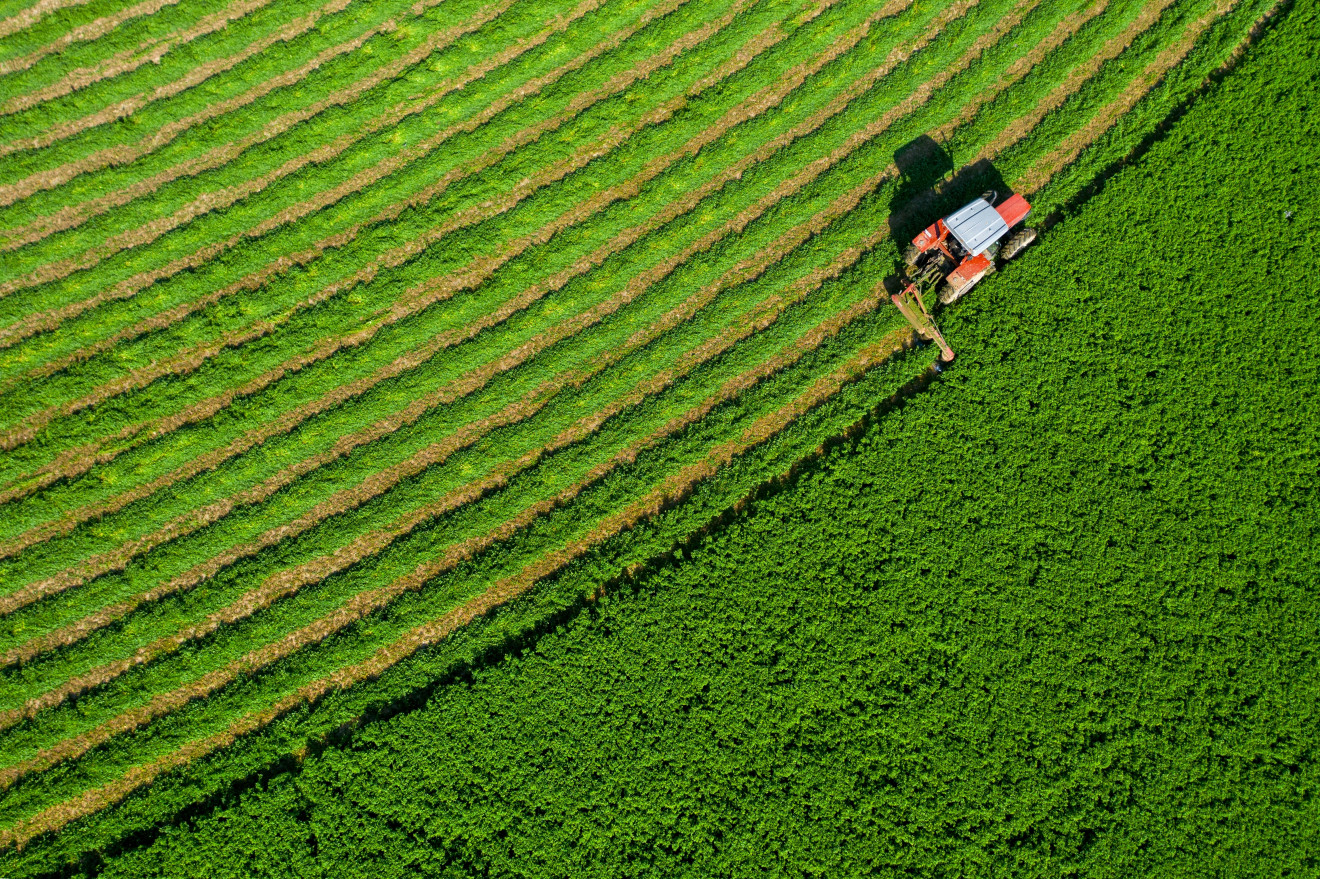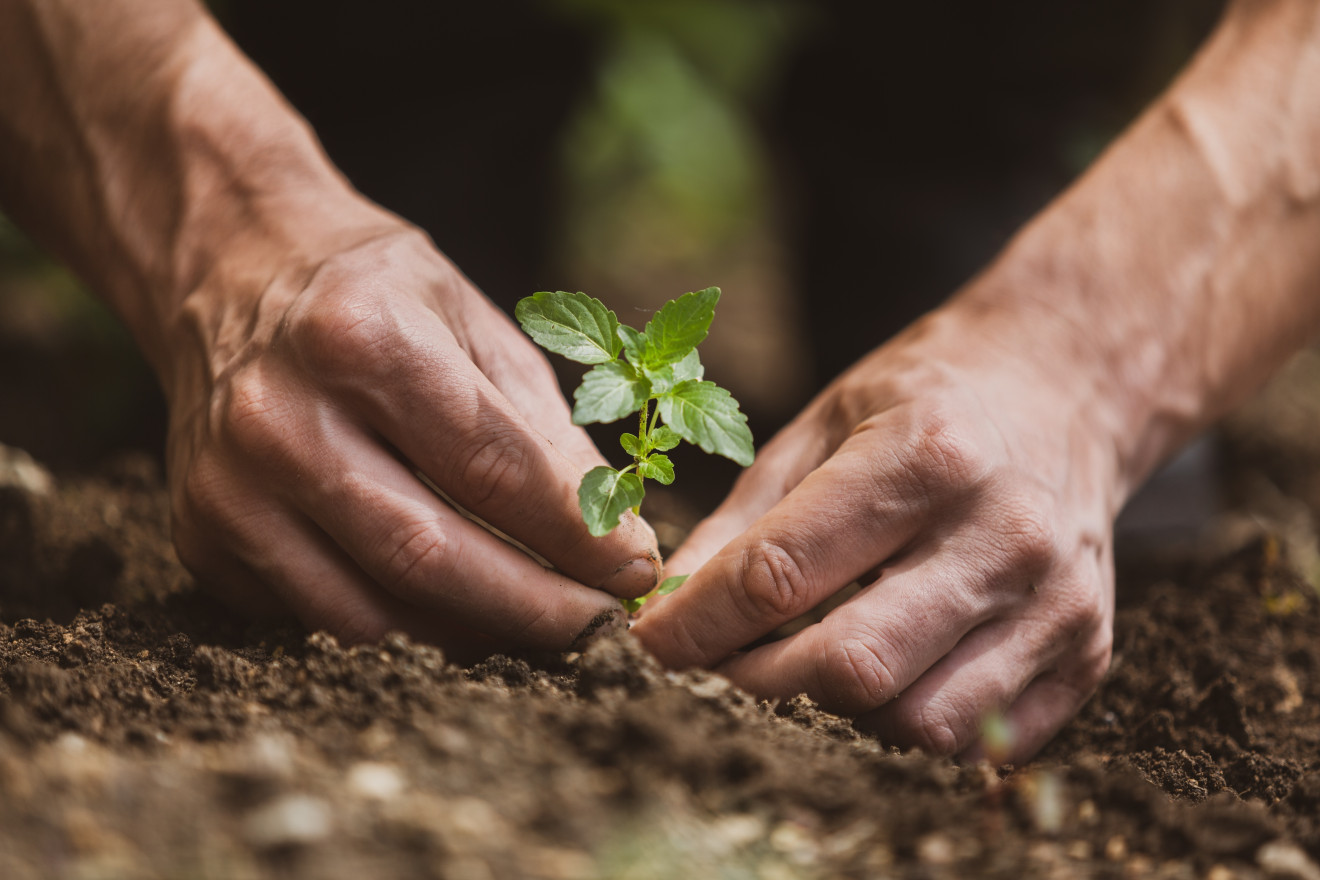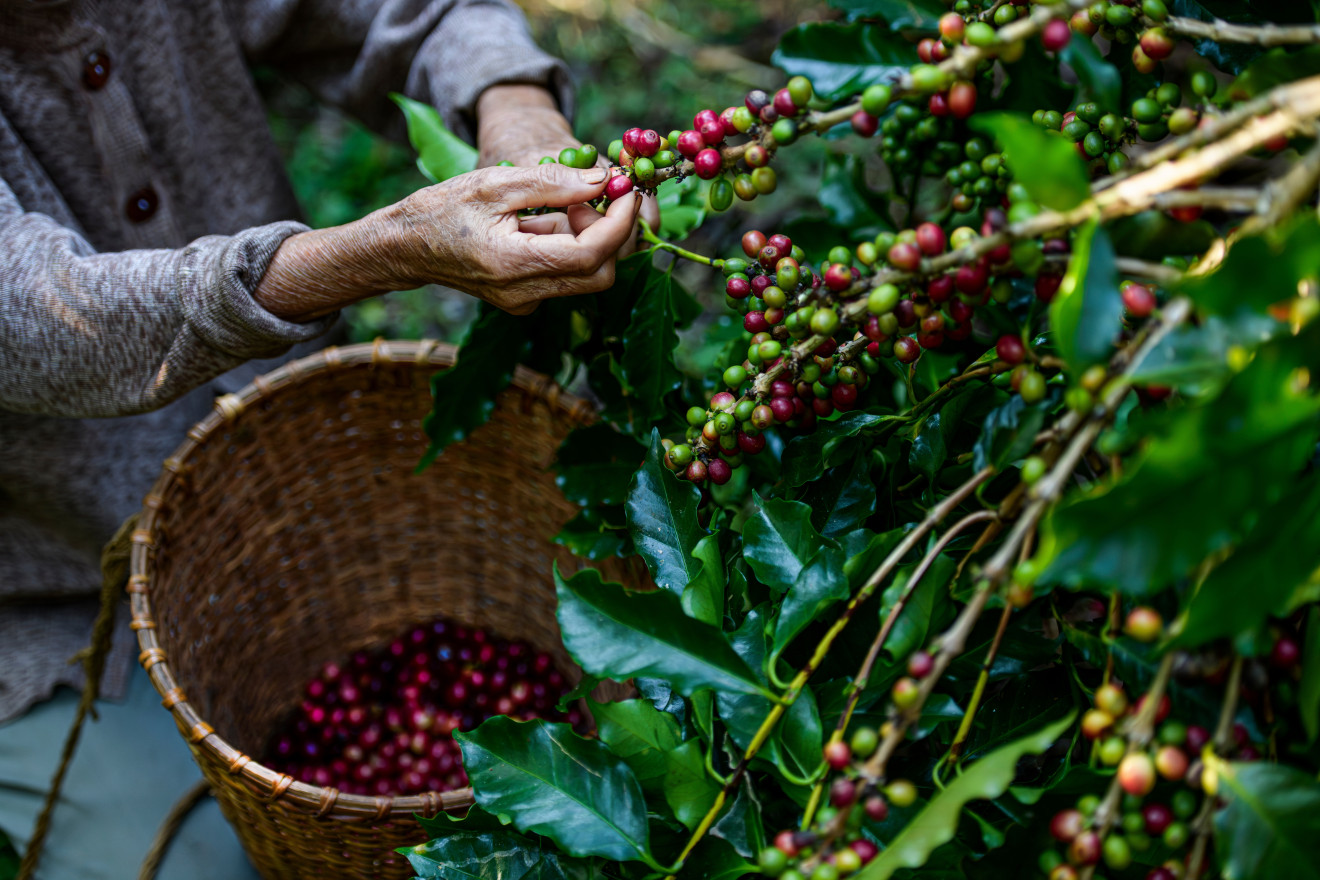Paulig is among the sustainability frontrunner companies in the food & beverage industry, and we have science-based climate targets approved by the Science Based Targets initiative.
In line with the latest SBTi criteria, including the Forest, Land and Agriculture (FLAG) guidance, we are committed to reducing our operational and value chain emissions by 43% by 2030 (across scopes 1-3) from 2018. In Paulig’s own operations (Scopes 1 and 2), we intend to reduce greenhouse gas emissions by 65%. We also strive to decrease FLAG-related emissions in our value chain (Scope 3) by 37% and reduce non-FLAG value chain emissions by 51% compared to the 2018 baseline. These efforts together will represent a 43% reduction across all scopes by 2030. These ambitious targets further establish Paulig as a sustainability frontrunner and demonstrate our commitment to tackling climate change in line with the 1.5°C target.
To support our emission reduction ambitions, we have undertaken efforts to update our methodology for greenhouse gas accounting to ensure consistency and detail in tracking emissions from agriculture across all our raw materials. This update aligns with the new SBTi requirements concerning targets for forest, land, and agriculture (FLAG) emissions and enhances our understanding of our emissions on a more granular level.
Along with our climate and nature ambitions, and to ensure a future within planetary boundaries, we must incorporate circular thinking into our operations. At Paulig, we embrace circularity in various stages throughout our value chain. In our own operations, our focus is on developing the recyclability of our packaging. In addition to recyclability, other important considerations of packaging development include, for example, prevention of food and coffee waste. We are committed to working towards the global challenge of halving food loss and waste in our value chain by 2030.
Transitioning further ahead to net-zero, Paulig aims to reduce emissions from our own operations and the non-FLAG part of our value chain by 90% by 2045, alongside a 72% cut in FLAG emissions. This will result in a 79% overall decrease in total emissions compared to 2018 levels.

Ambitious commitment to 65% own operations emission reduction by 2030
Since 2018, we have already reduced greenhouse gas emissions from our own operations (Scopes 1 and 2) by 34%. This has been driven by actions such as increased use of renewable electricity, improved energy efficiency, the integration of biogas, and investments in heat recovery. Since its previous SBTi validation in 2020, Paulig’s business and operations have evolved significantly. The company has grown through acquisitions such as Liven, Panesar Foods, and Conimex. Each of these businesses has had its own sourcing practices, value chains, and environmental footprints that need to be addressed.
Despite increasing production volumes, emissions from our own operations and supply chain have decreased, showing that growth and sustainability can go hand in hand, and we have achieved significant reductions in emissions alongside business growth. In future, Paulig is committed to further reducing operational emissions by expanding the use of renewable electricity, increasing the substitution of natural gas with biogas, and exploring initiatives to enhance energy efficiency and electrify baking and frying processes.

Climate Fund
In 2023, we launched a unique Paulig climate fund to accelerate emission reductions in our value chain. With the fund, we will strengthen the impact and agility of our climate actions, enhance our innovation capabilities, and accelerate our progress towards our ambitious climate targets. The fund is based on internal carbon price mechanism used as part of our annual budgeting. Originally valued at 2.5 million euros, the fund has increased annually.
We focus on actions that have the biggest value chain climate impact on the company level. The fund is allocated to projects targeting emissions reductions in mostly wheat, corn and coffee value chains and logistics. The focus is to help reduce emissions in raw materials farming, advance regenerative farming methods, and contribute to emission reductions.
Climate projects are chosen annually, and they are mostly implemented together with our partners and suppliers. Our selection criteria are based on our company strategy, sustainability approach, and science-based climate targets. We emphasise each project’s reduced climate impact potential, innovativeness, cost-efficiency, and scalability potential.
The climate impacts of the projects are measured using relevant carbon accounting standards and progress is followed up regularly. Read more here.

Paulig aims to reduce greenhouse gas emissions from the value chain by 43 per cent
We at Paulig are committed to reducing our operational and value chain emissions by 43% by 2030 (across scopes 1-3) from 2018. We have also cut value chain emissions (Scope 3) by 13%, resulting in a 14% overall reduction in total emissions. Only 2% of Paulig’s total carbon footprint originates from own operations; the remaining 98% is primarily associated with the cultivation of crops such as wheat, corn, and coffee, as well as packaging production. This highlights the necessity of reducing emissions throughout the entire value chain.
Value chain reductions are driven primarily by the expansion of proven regenerative agricultural practices in our three largest raw materials: wheat, corn, and coffee. We are also doubling down on our actions with logistics and packaging partners focusing on increasing the use of renewable energy.
As a food & beverage company, the key part of Paulig’s emissions is related to the farming of the ingredients that are used in our products. Therefore, the updated climate targets have been set in line with the FLAG methodology. FLAG emissions include emissions from land use change, land management (e.g., use of fuel and fertilizers at the farm) and biogenic removals such as forest restoration and soil carbon sequestration. Non-FLAG emissions mainly stem from the steps after the farm stage, e.g., use of energy for logistics and industrial production.
This is why we engage in close cooperation with our raw material suppliers and partners in decreasing the emissions of our value chain. Our goal is to promote sustainable farming practices, look for new raw materials and partners, and develop new business models that favour circular economy.